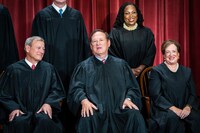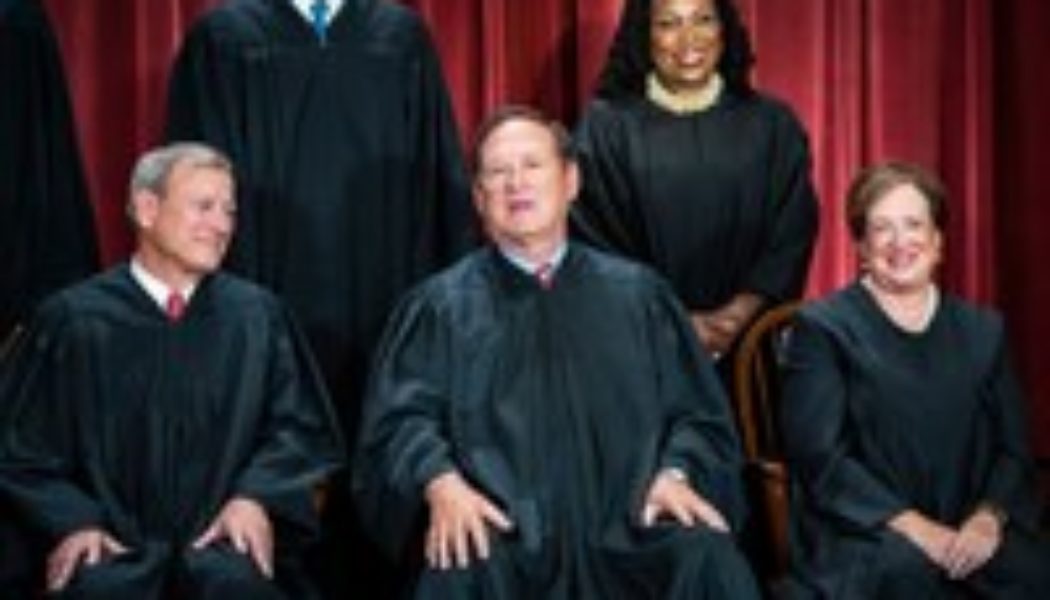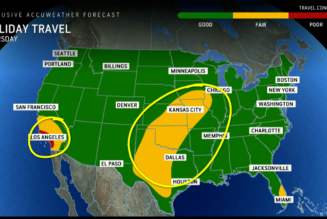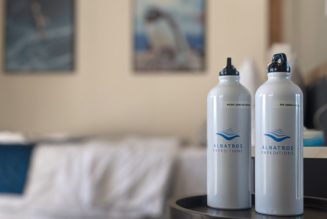
Supreme Court Justice Samuel A. Alito Jr. took issue with questions raised by the investigative journalism outlet ProPublica about his travel with a politically active billionaire, and on Tuesday evening he outlined his defense in an op-ed published by the Wall Street Journal.
Yet Alito was responding to a news story that ProPublica hadn’t yet published.
Alito’s Journal column, bluntly headlined “ProPublica Misleads Its Readers,” was an unusual public venture by a Supreme Court justice into the highly opinionated realm of a newspaper editorial page. And it drew criticism late Tuesday for effectively leaking elements of ProPublica’s still-in-progress journalism — with the assistance of the Journal’s editorial-page editors.
An editor’s note at the top of Alito’s column said that ProPublica reporters Justin Elliott and Josh Kaplan had sent a series of questions to Alito last week and asked for a response by Tuesday at noon. The editor’s note doesn’t mention that ProPublica hadn’t yet published its story — nor that Alito did not provide his answers directly to ProPublica.
A spokesperson for the Journal, whose editorial page operates independently from its newsroom, did not respond to The Washington Post’s request for comment late Tuesday.
ProPublica published its story on Alito just before midnight on Tuesday, about five hours after the Journal published Alito’s defensive column.
It details the conservative justice’s relationship with billionaire hedge-fund manager Paul Singer, including their trip to an Alaskan fishing resort in 2008. According to the story, Singer — whose hedge fund subsequently came before the court 10 times in various business disputes — flew Alito to the resort on his private jet, a trip ProPublica reported would have cost Alito more than $100,000 one way if he had chartered the jet on his own.
Alito, who authored the court’s landmark Dobbs decision striking down federal abortion rights last year, didn’t disclose the trip on his financial disclosure forms in an apparent violation of the law, according to ProPublica.
The article noted the role of conservative judicial activist Leonard Leo in organizing the Alaska trip, including recruiting Singer to fly Alito to the lodge. The longtime head of the Federalist Society, Leo helped Alito win confirmation to the court. Singer and the lodge’s owner were major donors to the Federalist Society.
The story carried the bylines of Kaplan, Elliott and a third ProPublica reporter, Alex Meirjeski — the same team that reported a blockbuster story in April detailing years of luxury trips taken by Justice Clarence Thomas and his wife Ginni and paid for by billionaire Harlan Crow, who also paid for Thomas’s grandnephew’s private school tuition. Thomas never listed the gifts on his Supreme financial disclosure forms, leading some Democrats in Congress to call for Thomas to resign.
In his Journal column, Alito accurately anticipated the thrust of ProPublica’s yet-to-be-published article. He denied he had a conflict in accepting Singer’s “hospitality” or was obligated to disclose the 2008 trip. “Neither charge is valid,” he wrote preemptively.
He asserted that Singer was merely a casual acquaintance, with whom he spoke only fleetingly during the fishing trip, and was not aware of Singer’s connection to any subsequent court matter.
He said he accepted the offer of a seat on Singer’s private plane because it would otherwise have been unoccupied had he declined. A commercial flight, he wrote, would have imposed costs on taxpayers, who would have had to pay for the deputy U.S. marshals who provide security to Supreme Court justices to fly with him.
He also disputed ProPublica’s apparent characterization of the fishing resort, calling it “misleading.”
“I stayed three nights in a modest one-room unit at the King Salmon Lodge, a comfortable but rustic facility” with “home style meals,” he wrote, adding “I cannot recall if (we were) served wine, but if there was, it was certainly not wine that costs $1,000.”
Alito said he didn’t disclose the flight in his annual disclosure form because the rules at the time were vague: “I followed what I understood to be standard practice.”
The Journal editorial page has veered sharply to the right in recent years and often expresses support of the more conservative members of the Supreme Court. In April, it blasted “left-leaning” ProPublica’s reporting on Thomas, arguing that the justice did not violate any disclosure rules at the time and that he faced no conflict of interest in his dealings with Crow.
Elliott, the lead ProPublica reporter on the story, told The Post early Wednesday that he and his colleagues had been informed Tuesday by the Supreme Court’s chief spokeswoman that Alito would not comment for their story. “It was surprising to see the op-ed publish several hours after that,” he said, “but we’re happy to get substantive engagement with our questions in any forum.”









